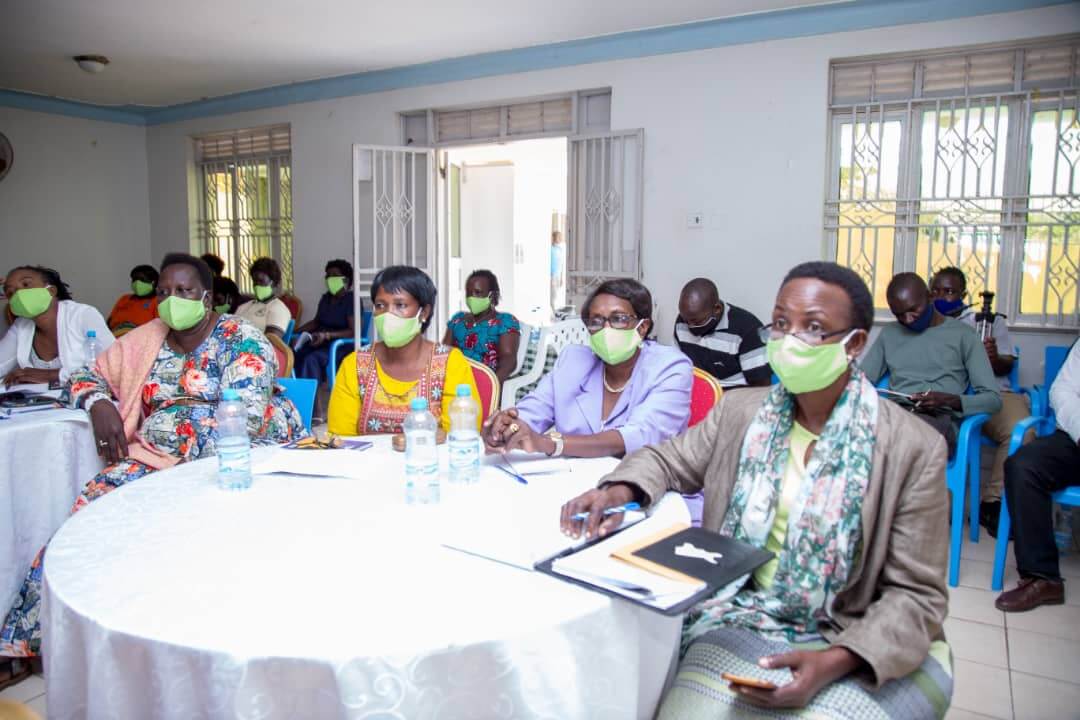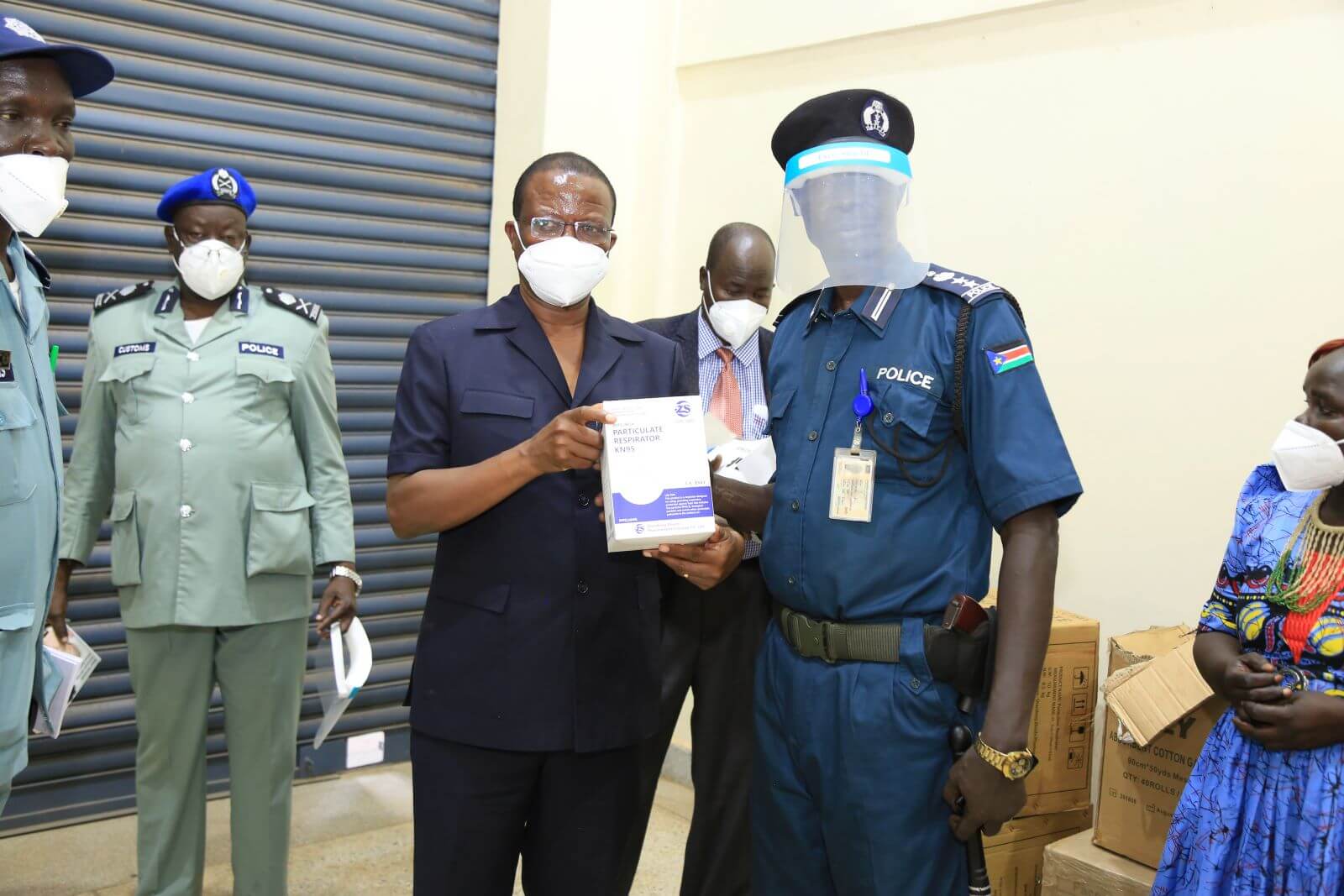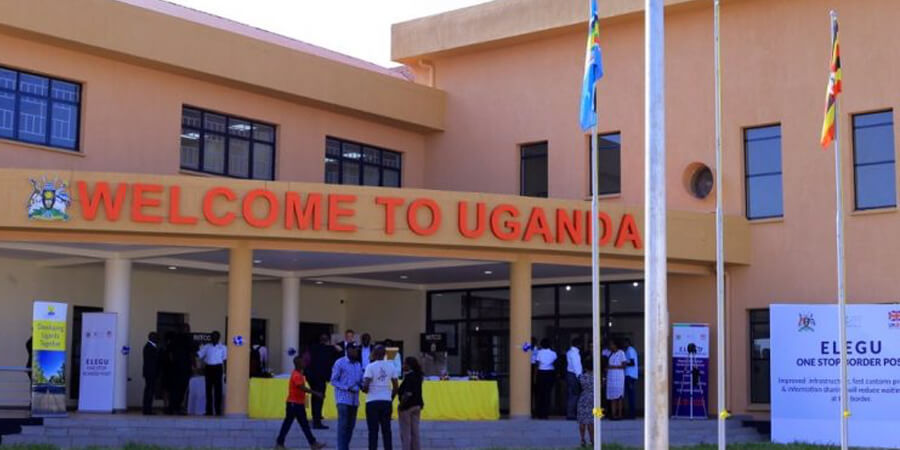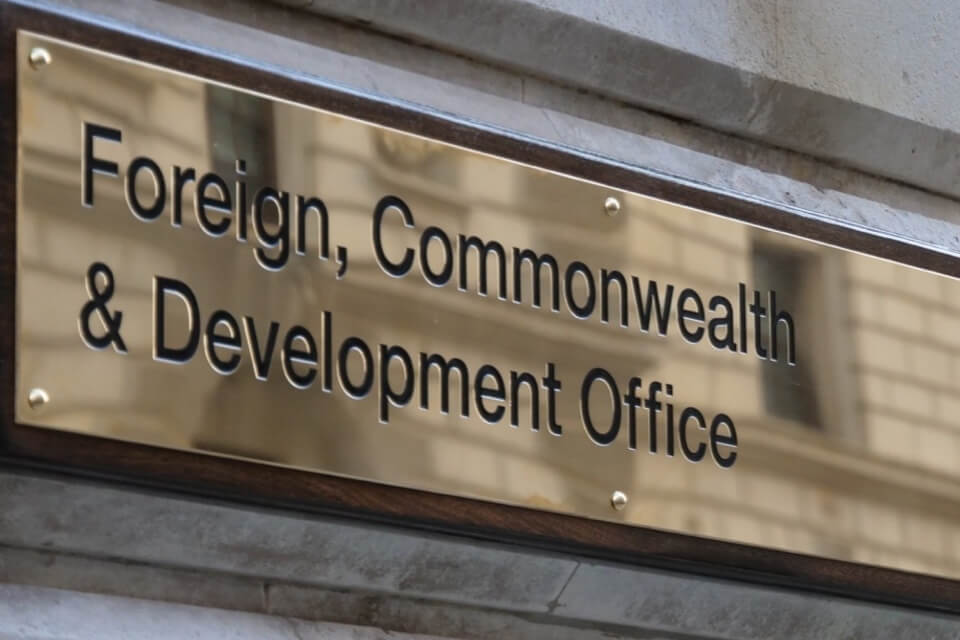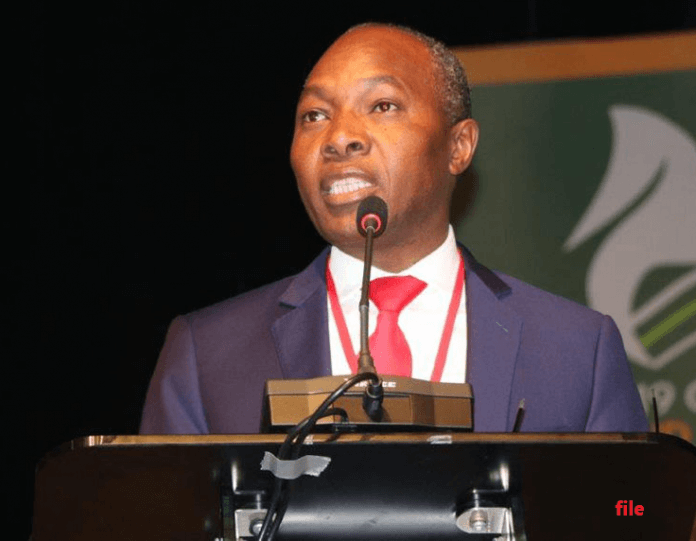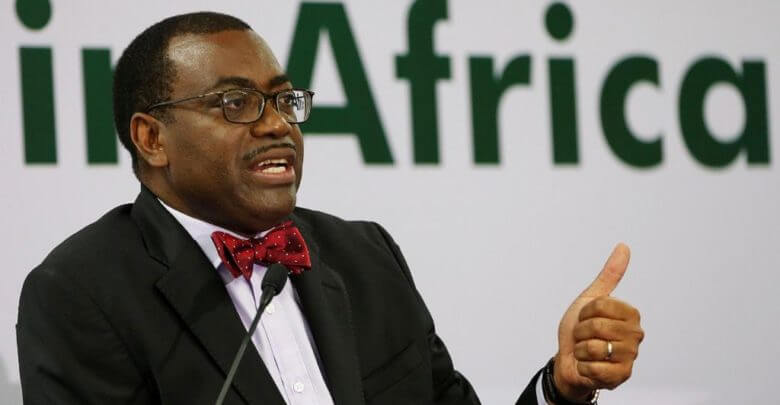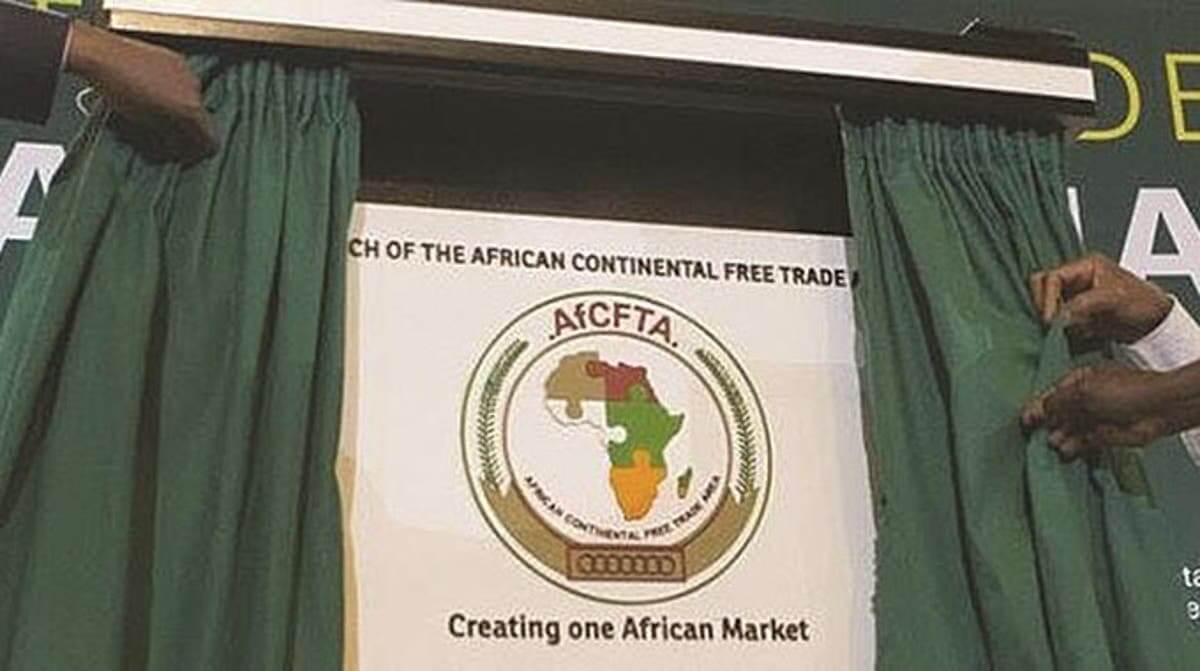Africa50, in partnership with US based Foreign Policy magazine, has launched an exciting new podcast series called Africa Forward. Africa Forward tells the largely untold story of how infrastructure is transforming the lives of people in Africa. The four-part series, which begun on Tuesday 26 January 2021, brings major African infrastructure projects to life. It highlights the Benban Solar Park in Egypt, a solar park so massive that it can be seen from outer space and showcases how cross-border projects such as the Senegambia Bridge can support the implementation of the African Continental Free Trade Area (AfCFTA), which was officially launched on 1 January 2021. The series also shares inspiring stories on the way Africans are leveraging ICT infrastructure and technology to shape the future, such as 21-year-old Betelhem Dessie in Ethiopia, who taught herself to code at nine, and has now trained more than 20,000 African youth to code. The program features visionary leaders, entrepreneurs, CEOs and heads of institutions, who will share their views and insights on the continent’s challenges and investment opportunities, and above all, on the way forward. A trailer for the show, which is hosted by journalist Carol Pineau and former CNN anchor and correspondent Isha Sesay, can be found here, on Apple Podcasts, Spotify, and other podcast platforms, as well as the Foreign Policy Playlist’s website: https://foreignpolicy.com/podcasts/africa-forward/ The first episode, focusing on trade and transport infrastructure is now available and a new episode will be released every week until 16 February 2021. The other three episodes will be broadcast as...
Africa50 launches Africa Forward podcast series
Posted on: February 1, 2021
Posted on: February 1, 2021



